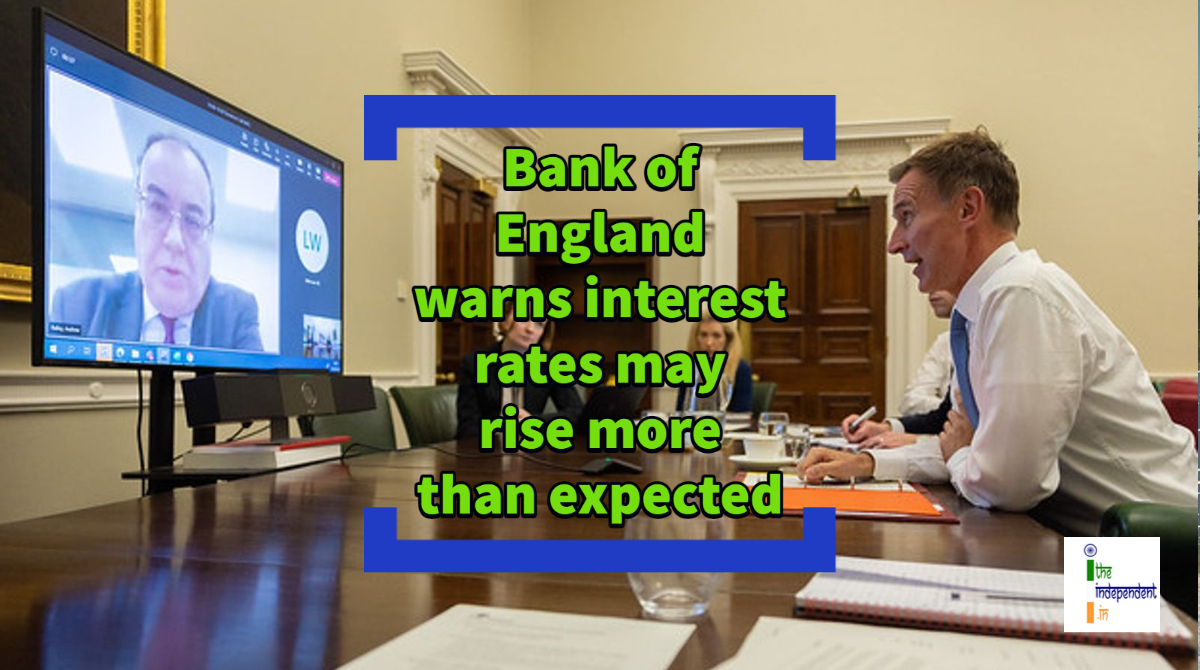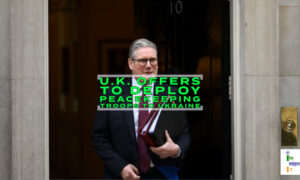
Andrew Bailey has warned interest rates may need to rise by more than previously expected, because of inflationary pressure
The Governor of the Bank of England – Andrew Bailey has warned interest rates may need to rise by more than previously expected, because of inflationary pressure.
The next decision on rate rise decision is scheduled for November 3, 2022, days after the Government lays out its economic plans. The Bank previously predicted the rate of inflation would peak at 11% in October 2022, while its goal was 2%.
Meanwhile, Bailey held a meeting with the new Chancellor of the United Kingdom (U.K.) – Jeremy Hunt and termed it as a “meeting of minds”.
Speaking on the occasion, Bailey said, “I can tell you that I spoke to Jeremy Hunt, the new chancellor, yesterday.”
Bailey further said, “I can tell you that there was a very clear and immediate meeting of minds between us about the importance of fiscal sustainability and the importance of taking measures to do that.”
Hunt was appointed as the new Chancellor of U.K. a day before, after his predecessor – Kwasi Kwarteng was abruptly sacked. Hunt confirmed the Government will set out its tax and spending plans on October 31, 2022. He has already signaled that some taxes could rise and public spending may fall.
Bailey said the Bank will not take any action on interest rates until after this fiscal plan is announced.
He said officials would not hesitate to raise interest rates to meet the inflation target of 2%. Prior to this, the Bank had hiked the interest rates by 0.5% to 2.25% on September 22, 2022.
Bailey said, “We will not hesitate to raise interest rates to meet the inflation target. And, as things stand today, my best guess is that inflationary pressures will require a stronger response than we
perhaps thought in August.”
Prior to Bailey’s comments, the markets were expecting a rise of between 0.75% and 1% when the Bank’s Monetary Policy Committee makes its next rates decision in November 2022. Bailey also said there is a need to have the Office for Budget Responsibility (OBR) involved in the Government’s budget discussions, adding that “flying blind is not a way to achieve sustainability.” Last month, Kwarteng had refused to allow the OBR to review the impact of his mini-budget on the economy.
Hunt told media that some taxes could rise in the coming months and some departments could see their budgets slashed. Marking a significant change in Government policy, the Chancellor said that difficult decisions will be needed across the board to revive the economy.







